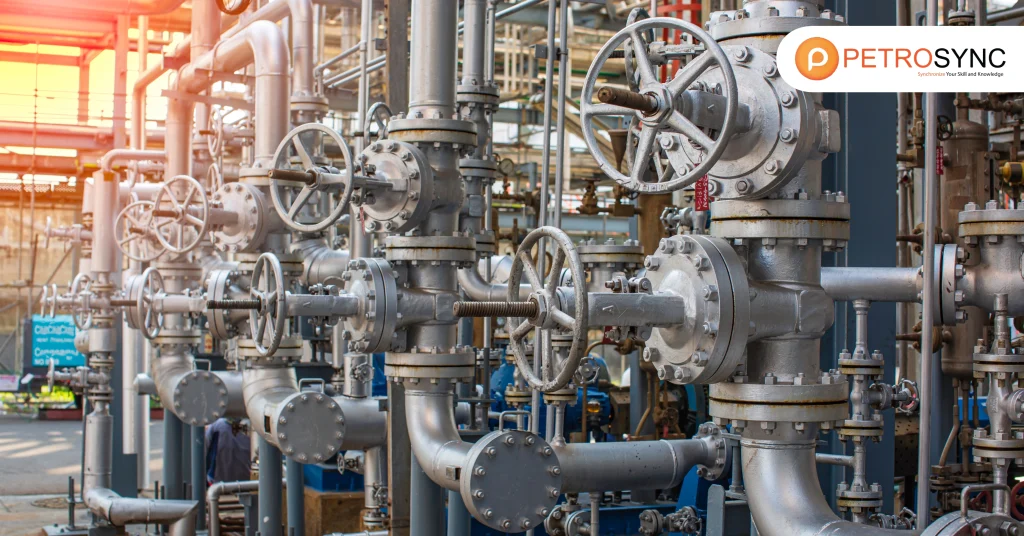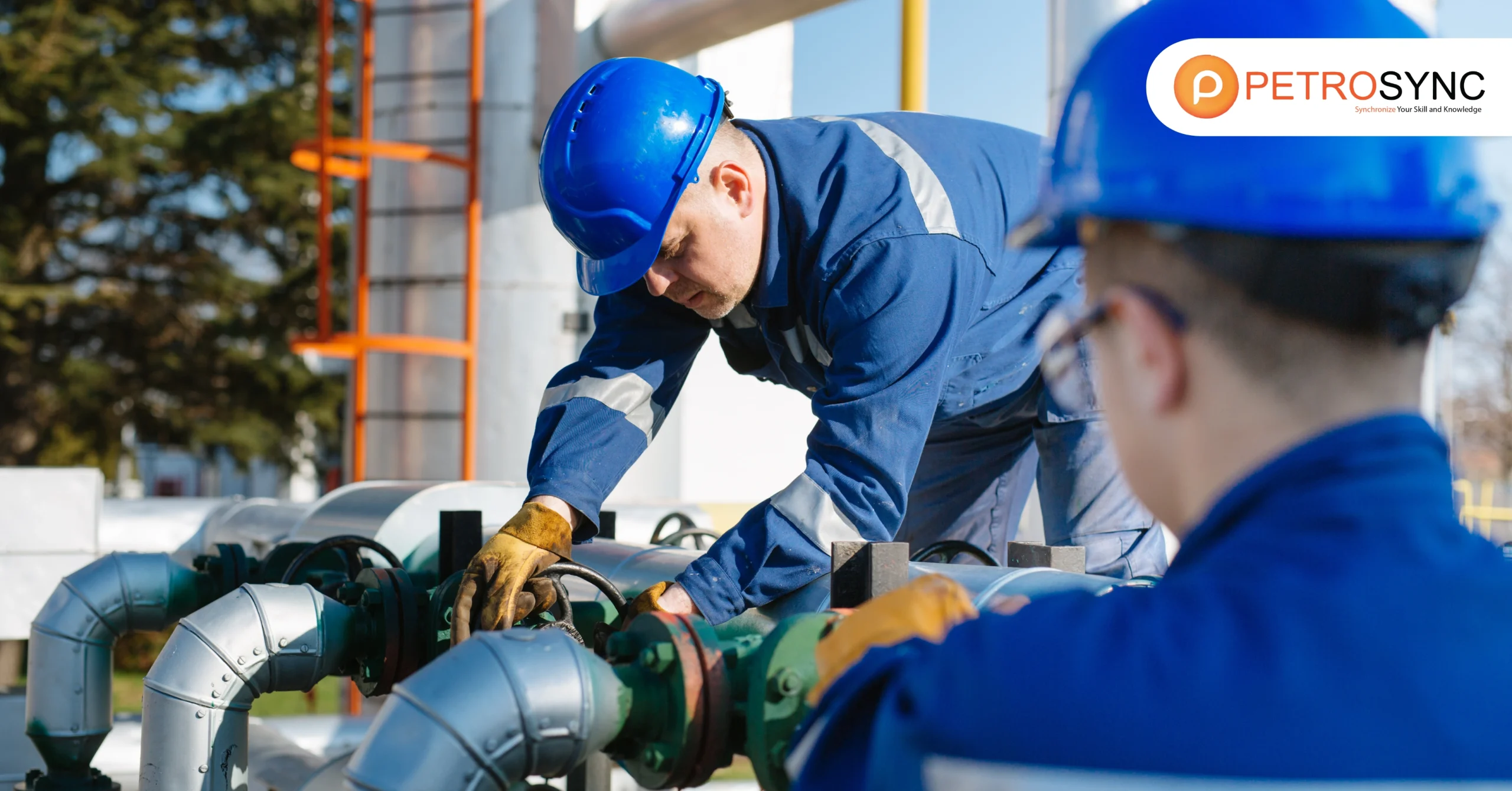Fitness-For-Service (FFS) assessments are quantitative engineering evaluations that are performed to demonstrate the structural integrity of an in-service component that may contain a flaw or damage. This training course is designed to give a detailed discussion of the subject of Fitness For Service concepts (FFS) with emphasis on the basic degradation mechanism and its consequences.
It presents a thorough understanding of how the disciplines of material science, stress analysis, NDT and inspection practices can be applied to assessing the present structural integrity of the component and deciding its fitness for continued service as well as the projected remaining life. This course covers the analytical methods and their applications are explained with numerous case studies.
In order to suit the course to participants with or without an FFS background, the course will be delivered in such a way that most of the technical terms and both code statements and examples will clarify concepts.
What Is API 579?

API 579, officially known as Fitness-For-Service (FFS) Assessment Standards, is a collection of recommendations developed by the American Petroleum Institute. These standards provide engineers and maintenance professionals with detailed procedures for determining whether existing equipment is safe to operate.
API 579 addresses a wide range of damage mechanisms, including corrosion, cracking, and mechanical deformation, all of which can have an impact on the fitness of equipment such as pressure vessels, pipelines and storage tanks. API 579 is an essential document for the engineering industry. It establishes criteria and standards for establishing the integrity and safety of equipment and structures.
Assuring the reliability of essential resources. The API 579 standard is crucial in industries that require complete safety, efficiency, and regulatory compliance.It allows professionals to examine degrading equipment over time and determine whether they need to repair it or if it can continue operating safely.
What Is API 579 Training?
API 579 training is intended for industry professionals seeking the information, skills, and insights needed to conduct complete fitness-for-service (FFS) examinations. This curriculum covers a widely established standard used in industries such as oil and gas, petrochemicals, and power generation to assess the structural integrity of damaged, defective, or degraded equipment.
PetroSync’s API 579 training focuses on giving learners with the knowledge they need to determine if equipment can be operated safely under current conditions. Should we repair or replace the equipment? Participants will learn how to examine various types of damage, such as cracks and corrosion.
Estimate the equipment’s remaining service life Our training teaches students about the core principles of Fitness For Service assessment, such as the usage of several evaluation levels based on the severity of the damage and the condition of the equipment. The training also covers sophisticated analytical techniques and tools.
Giving technicians and inspectors the ability to conduct accurate, real-world assessments. PetroSync’s API 579 training differs from others in that it emphasizes both theoretical understanding and practical, hands-on learning. Participants will have the opportunity to use their newly acquired abilities in real-world circumstances.
This hands-on approach ensures that learners are well-prepared to undertake FFS evaluations in the field, make educated decisions to avoid accidents, decrease downtime, and extend the life of important equipment.
What is API 579 training course objective?
- To familiarize participants with the main concepts and technical terms of degradation mechanisms.
- To introduce participants to the concepts of FFS.
- To explain to participants the basic concepts of degradation and FFS.
- To provide participants with the basic technical and scientific knowledge for carrying out in-depth inspection and engineering calculations.
- To train participants to choose between ‘3 R’s i.e. Re-rate, Repair and Replace.
- To introduce participants to different ways of evaluations and decision-making as regards the repairs alterations and re-ratings
- Assessment of future remaining life.
What Is API 579 Training Course Outline?
In general, Petrosync’s API 579 training is shown below. You can also refer to the API 579 our training brochure for a more detailed description of the material.
Day 1 of API 579 Training
- Introduction to API 579
- Fundamentals of Pressure vessels and piping
- Review of Design formulas
- Calculation of required thickness
- Concept of MAWP
- Scope and limitations of API 579
- Definition of technical terms
- FFS assessment procedures
- Levels of assessment
- Remaining strength factor
- Failure assessment Diagrams
- Reduced permissible MAWP
- Remaining life assessment
- Overview of flaw damage and assessment procedures
- Modes of deterioration and metal loss
- Assessment for Brittle Fracture (Level 1)
- Critical Exposure Temperature (CET)
- Minimum Allowable Temperature (MAT)
Day 2 of API 579 Training
- Definition of general metal loss
- Assessment of general metal loss
- Required data and measurements
- Procedures for Level 1 assessment
- Assessment techniques and acceptance criteria
- Step-by-step assessment method
- Calculation of minimum required thickness
- Calculation of average thickness
- Coefficient of variation
- Case studies and exercises on the application of API 579 methodology
- Assessment of local metal loss
- Required data and measurements
- Procedure for level 1 assessment
Day 3 of API 579 Training
- Brief discussion on Pitting Corrosion
- Step-by-step assessment method as per Level-1
- Case study and Exercise
- Assessment techniques and acceptance criteria for pitting
- Assessment of Hydrogen damage – Hydrogen Induced Cracking
- Assessment of Hydrogen blisters
- Assessment techniques and acceptance criteria as per Level-1
- Case Study and Exercise
- Assessment of Wed Mis-alignments
- Assessment of Shell distortion
- Assessment techniques and criteria as per Level-1
Day 4 of API 579 Training
- Assessment of Crack like flaws
- Assessment technique as per Level 1
- Flaw Characterization- single cracks
- Flaw Characterization- multiple cracks
- Step-by-step assessment method
- Failure assessment curves for crack-like flaws
- Selection of FAD curves
- Maximum permissible crack dimensions
- Level-1 Assessment of cracks
- Case study and Exercise on crack analysis as per Level-1
- Assessment of creep damage
- Creep range temperatures for various materials
- Creep curves for various materials
- Case studies on creep damage assessment
Day 5 of API 579 Training
- Assessment of fire damage
- Deciding on fire zones
- Case studies on fire damage assessment
- Assessment of dents, gouges
- Assessment techniques and acceptance criteria as per Level-1
- Case studies on dents, gouges assessment
- Assessment of Laminations
- Case study on lamination assessment
- Assessment of Fatigue Damage as per Level-1
- Case study on fatigue damage
- Final Review Exam (if required)
- Closing Session
Is There Any API 579 Certification Issued by API?
Although API 579 training provides in-depth knowledge and practical skills for conducting Fitness For Service examinations, the American Petroleum Institute (API) does not currently offer formal certification for API 579. Completing the approved API 579 training aims to demonstrate a thorough comprehension of the standard and its practical application in the business.
Participants who complete the API 579 training will receive a certificate of completion from our training provider. This certificate of completion verifies the participant’s proficiency in the Fitness For Service assessment.
Who Should Attend API 579 Training Course?
API 579 training for professionals in the oil and gas, petrochemical, and power generation industries is essential. Our company creates a target audience for API 579 training that is involved in Engineering, maintenance, and also operations. Here is a detailed list:
– Pressure Vessel/ Piping/ Tank design engineers
– process engineers
– plant operating engineers and managers, and Chemical
– mechanical engineers who are involved in the integrity assessment of Columns, Vessels, tanks, piping, etc
– Design engineers
– Inspection persons
– maintenance engineers involved in the Repair
– maintenance
– troubleshooting of plant equipment in the Refining, Petrochemical, and Chemical industries
By defining a target audience, it can simplify the experience for professionals participating in API 579 training at PetroSync.
Join PetroSync’s API 579 Training for Industry Excellence!
PetroSync offers API 579 training to ensure the safety and reliability of your industrial equipment. Learn from specialists in Fitness-For-Service examinations to make informed decisions and greatly extend the life of your valuable assets. Improve your career and security operations – sign up now!

Results-oriented and thorough SEO specialist with extensive experience in conducting keyword research, developing and implementing digital website promotion strategies and plans, managing campaigns to develop company websites in the digital world, excellent knowledge of marketing techniques and principles, and attentive strong attention to detail.







